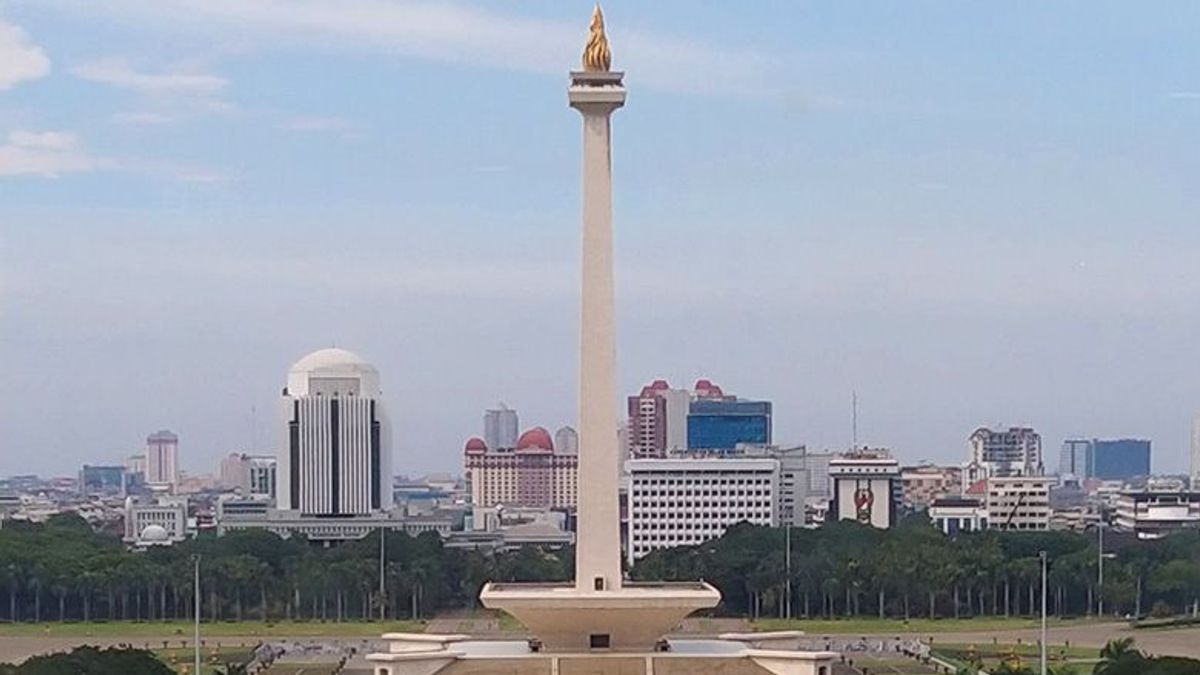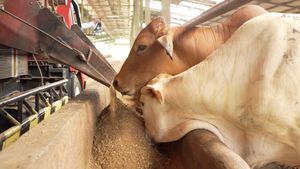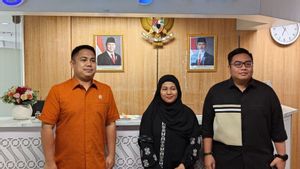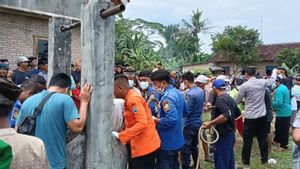JAKARTA - Property consultant Colliers Indonesia assesses that Jakarta's infrastructure is still developing and remains attractive for investment in the property sector even though the National Capital City (IKN) has moved to East Kalimantan.
Senior Associate Director Research Colliers Indonesia, Ferry Salanto, in a seminar in Jakarta, said that if you look at the Jakarta development plan that is still ongoing where we are still looking at the construction of the Jabodebek LRT, then there is still MRT development that will connect west and east so that it passes through Jakarta.
"This means that Jakarta's infrastructure is still developing and still has an attraction to invest in property," said Ferry, quoted from Antara, Friday, January 28.
He explained that even if the IKN already existed in East Kalimantan, the IKN would be the center of government, while Jakarta would still be the financial and commercial center.
"We see other countries whose capital cities have moved, so the old city does not automatically become quiet, it can even be much more crowded, for example Kuala Lumpur in Malaysia. So it means that even if there is an impact from the IKN transfer, this will take a long time and Jakarta still has an appeal as a commercial center and residential area," said Ferry.
Previously, the Chairperson of the DKI Jakarta Chamber of Commerce and Industry (Kadin) Diana Dewi assessed that even though IKN had moved to East Kalimantan, the Indonesian economy still relied on Jakarta.
He reasoned that the economy of Jakarta and the surrounding areas contributed 28-34 percent of the national Gross Domestic Product (GDP) and Jakarta was the center of economic activity and services in the country.
Diana hopes that Jakarta will transform towards a high value added economy, collaboration, integration with cities in West Java and Banten.
Jakarta must also be transformed into a business city because business distribution in Jakarta is dominated by wholesale and retail trade at 46.7 percent, providing food and drink accommodation (16.72 percent) and processing industry 16.53 percent. Support for the MSME sector is also needed because the business portion of this sector in Jakarta reaches 93.46 percent.
The English, Chinese, Japanese, Arabic, and French versions are automatically generated by the AI. So there may still be inaccuracies in translating, please always see Indonesian as our main language. (system supported by DigitalSiber.id)













